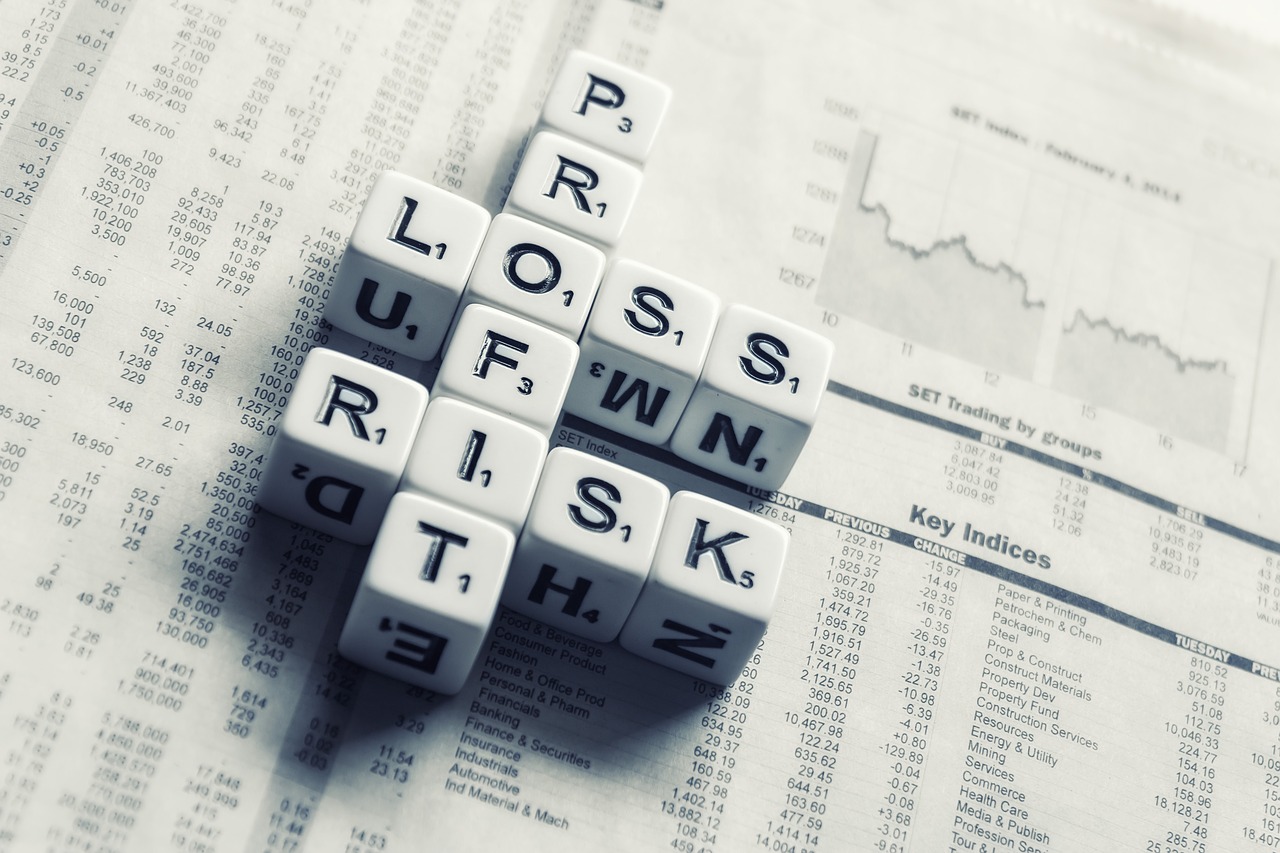24 Apr 2018

The March quarter was tough for growth assets with equities, property and infrastructure prices falling, whilst defensive assets like cash and bonds held up reasonably well. Australian bonds performed well as bond yields fell whilst Emerging Market equities performed strongly. Currency unhedged exposures held up better as the Australian dollar fell in the quarter. Growth assets with a yield focus, like Australian equities, Australian & Global listed property and infrastructure came under significant pressure on concerns global bond yields may rise significantly from here on the back of hawkish rhetoric from the US central bank. US equities fell as US tech stocks sold off on Facebook’s data breach and President Trump publically attacking Amazon. European equities also came under pressure as trade war fears escalated with the US and Chinese leaders trading barbs.
Volatility continued to rise over the quarter with investors being pulled into a variety of escalating issues. Equity investors eagerly anticipated quarterly US corporate reporting season, with market expectations of earnings growth rising to circa 19%, largely on the back of the first full quarter of US tax cuts.
On the economic front, not a whole lot changed from the previous quarter. The US Fed raised rates as expected at its quarterly meeting, but indicated it remained patient regarding future potential rate moves. European data changed course slightly, with some indicators starting to turn negative, no doubt a function of concerns regarding potential trade wars, but also a function of rising input costs as inflation begins to rise globally. The RBA remained on hold regarding rates, expecting better economic conditions ahead, but citing no pressure on inflation as yet.
Plenty of activity on the political front, which also spilled over into April. The potential for a trade war escalated as the US and the Chinese went tit-for-tat on imposing tariffs on each other. The US government was forced to shut-down again after the breaching the self-imposed budgetary debt ceiling, with agreement reached only after President Trump and the Senate threatened each other. The US government also stepped up their attack on the Russians over voter interference in the presidential election. Voters in Italy delivered a hung parliament whilst the North Koreans moved closer to agreeing to talks with the US on denuclearisation. The Federal Coalition came under pressure as polls continued to point to a Labor win at the next election. The Labor party also dug their heels in on key issues including threatening to repeal any corporate tax cuts, make changes to the tax treatment of franking credits for zero-tax paying individuals, and making a case for capital gains tax reform. Geopolitical risks escalated during the quarter and look likely to rise going forward.
The outlook for the remainder of this year is largely positive given equity valuations both locally and globally now appear more sensible. Interest rates will rise in the US both this year and next, but these are well flagged and have already been largely priced in by bond markets. That means bonds should produce a positive, albeit, muted return for this year. The outlook for property and infrastructure assets looks mixed as rising rates are a negative in the short term, but higher inflation and rising economic growth are positives in the medium to longer term. We expect volatility to continue to edge higher and higher going forward, a function of central banks withdrawing stimulus at a very measured pace and a function of greater macro and geo-political risks ahead. Expectations for portfolio returns and income should be lowered going forward given the starting levels right now, in the absence of significantly stronger and sustained global economic growth which is unlikely given the backdrop of debt, demographics, and technology.
Chris Lioutas
CIO, PSK Financial Services
